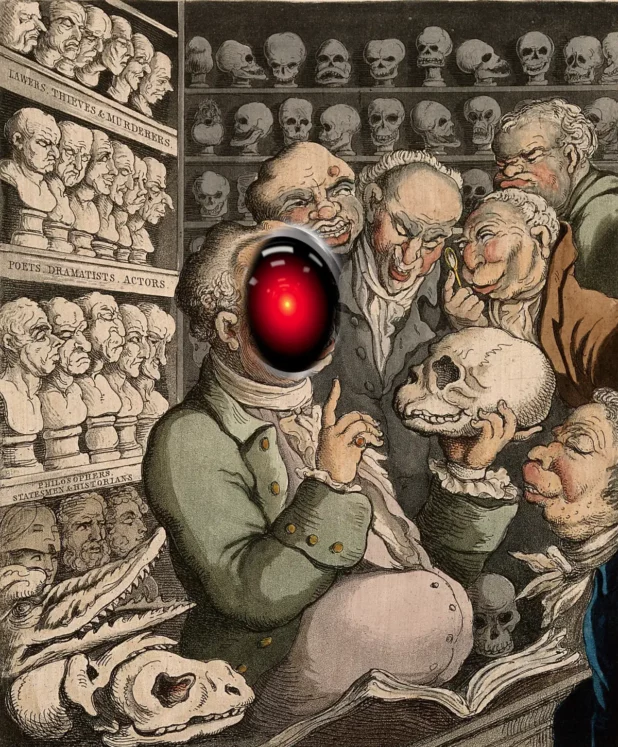Uncovering the causes of disease is one of the greatest challenges in genetics. 🧬
To help advance this, we created AlphaMissense: an AI model classifying missense variants – or genetic changes affecting proteins.
Here’s how it can help scientists. 🧵 https://t.co/ka19HXINjI pic.twitter.com/m1flaTl2TN
— Google DeepMind (@GoogleDeepMind) September 19, 2023
Hahahaha.
I’m sure nothing can go wrong here.
Scientists at Google DeepMind have built an artificial intelligence program that can predict whether millions of genetic mutations are either harmless or likely to cause disease, in an effort to speed up research and the diagnosis of rare disorders.
The program makes predictions about so-called missense mutations, where a single letter is misspelt in the DNA code. Such mutations are often harmless but they can disrupt how proteins work and cause diseases from cystic fibrosis and sickle-cell anaemia to cancer and problems with brain development.
The researchers used AlphaMissense to assess all 71m single-letter mutations that could affect human proteins. When they set the program’s precision to 90%, it predicted that 57% of missense mutations were probably harmless and 32% were probably harmful. It was uncertain about the impact of the rest.
Based on the findings, the scientists have released a free online catalogue of the predictions to help geneticists and clinicians who are either studying how mutations drive diseases or diagnosing patients who have rare disorders.
A typical person has about 9,000 missense mutations throughout their genome. Of more than 4m seen in humans, only 2% have been classified as either benign or pathogenic. Doctors already have computer programs to predict which mutations may drive disease but because the predictions are inaccurate, they can only provide supporting evidence for making a diagnosis.
What is a missense variant? ⭕
They’re a type of genetic mutation that can alter how proteins function. Benign ones tend to retain protein function, but pathogenic variants could lead to serious conditions.
Only about 0.1% of such variants have been classified by human experts. pic.twitter.com/pWyfBlQW9M
— Google DeepMind (@GoogleDeepMind) September 19, 2023
Writing in Science, Dr Jun Cheng and others describe how AlphaMissense performs better than current “variant effect predictor” programs and should help experts pinpoint more swiftly which mutations are driving diseases. The program may also flag mutations that have not previously been linked to specific disorders and guide doctors to better treatments.
The AI is an adaptation of DeepMind’s AlphaFold program, which predicts the 3D structure of human proteins from their chemical makeup.
AlphaMissense was fed data on DNA from humans and closely related primates to learn which missense mutations are common, and therefore probably benign, and which are rare and potentially harmful. At the same time, the program familiarised itself with the “language” of proteins by studying millions of protein sequences and learning what a “healthy” protein looks like.
When the trained AI is fed a mutation, it generates a score to reflect how risky the genetic change appears to be, though it cannot say how the mutation causes any problems.
I’ve said from the beginning: if there is anyone I trust to genetically engineer humans, it’s Google.
 Daily Stormer The Most Censored Publication in History
Daily Stormer The Most Censored Publication in History



